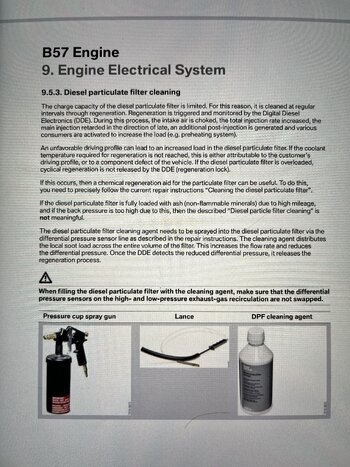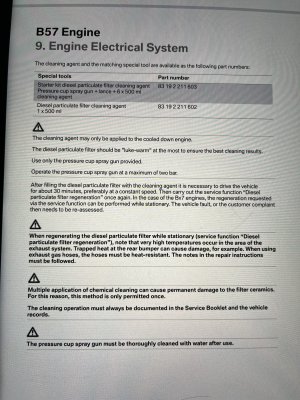I think, the essentials of the earlier post about petrol vs diesel (when traveling) need to be extracted from there, hundreds of replies rather confuse the matter:
In a nutshell, petrolheads always prefer petrol bar any rational. Well, nothing wrong with that, imagine everything we do´d be rational, no emotions whatsoever. Pretty horrible. The disadvantages when on long journeys are range, storage, potentially price and availability.
Petrol or diesel, problem nowadays are the emissions and the engine´s setup and its devices to cope with ever more stringent requirements. The quality of fuel is not consistent throughout the world, petrol suffers from low octane, diesel from high sulphur, both from a varying degree of purity. Analogue engine management, lower pressures and much simpler exhaust tract components could cope with the different qualities of fuel across the world (up to a certain extent) - until the early/mid 90´s, when electronic engine management and catalytic converters, and DPF´s at a later stage, came into being and took over.
Modern engines are neither as petrol nor diesel too happy running on poor fuel qualities. A temporary measure for petrol engines are octane boosters, for diesel engines a GD30 mixture. Vehicles should always be equipped with water separators (Racor filters) and filled up at reputable stations only, if fuel quality is doubtful. When using jerrycans, filled up locally, fuel should be poured through a fine meshed sieve (ladies nylons) into the tank. Filters for the filler neck are available for some vehicles.
For extended periods on "poor" fuel, DPF or CC need to be taken out, replaced by a blank with the engine management recalibrated accordingly.
If your garage is telling you, it can't be done, don't be fooled. Everything can be done, guess it depends on your location, on whom to turn to best. Small ads sometimes reveal experts in engine management protocols and their coding...but only sometimes, the real experts are usually not that easy to come by...
In a nutshell, petrolheads always prefer petrol bar any rational. Well, nothing wrong with that, imagine everything we do´d be rational, no emotions whatsoever. Pretty horrible. The disadvantages when on long journeys are range, storage, potentially price and availability.
Petrol or diesel, problem nowadays are the emissions and the engine´s setup and its devices to cope with ever more stringent requirements. The quality of fuel is not consistent throughout the world, petrol suffers from low octane, diesel from high sulphur, both from a varying degree of purity. Analogue engine management, lower pressures and much simpler exhaust tract components could cope with the different qualities of fuel across the world (up to a certain extent) - until the early/mid 90´s, when electronic engine management and catalytic converters, and DPF´s at a later stage, came into being and took over.
Modern engines are neither as petrol nor diesel too happy running on poor fuel qualities. A temporary measure for petrol engines are octane boosters, for diesel engines a GD30 mixture. Vehicles should always be equipped with water separators (Racor filters) and filled up at reputable stations only, if fuel quality is doubtful. When using jerrycans, filled up locally, fuel should be poured through a fine meshed sieve (ladies nylons) into the tank. Filters for the filler neck are available for some vehicles.
For extended periods on "poor" fuel, DPF or CC need to be taken out, replaced by a blank with the engine management recalibrated accordingly.
If your garage is telling you, it can't be done, don't be fooled. Everything can be done, guess it depends on your location, on whom to turn to best. Small ads sometimes reveal experts in engine management protocols and their coding...but only sometimes, the real experts are usually not that easy to come by...
Last edited:





